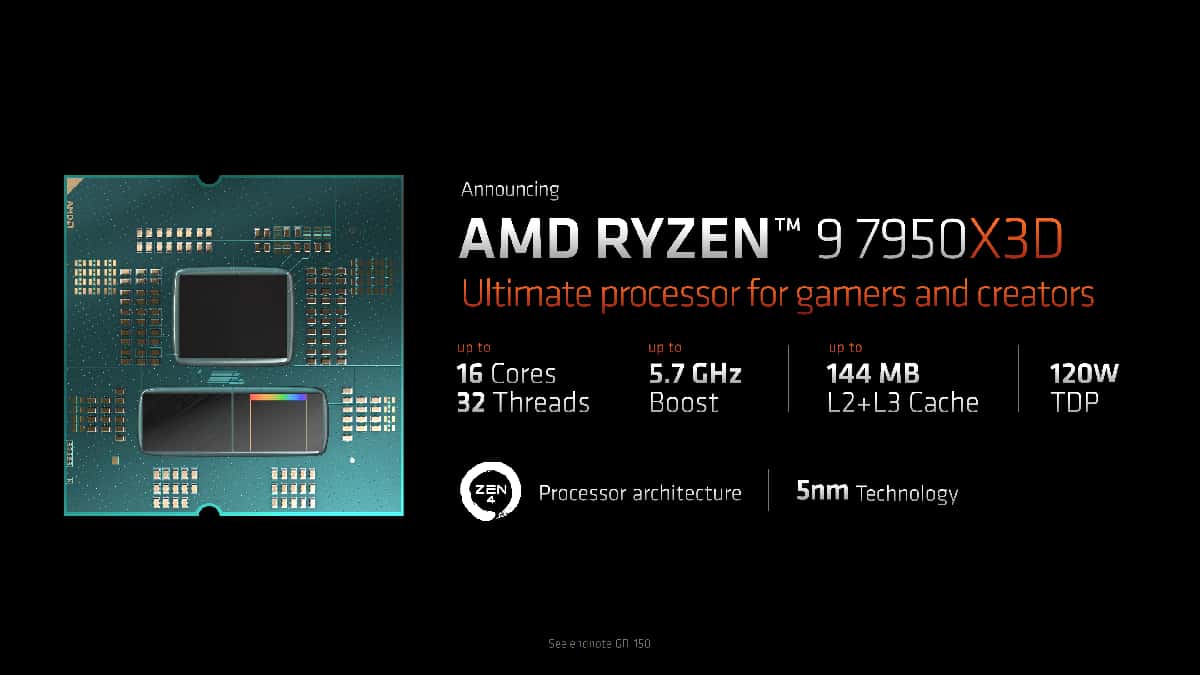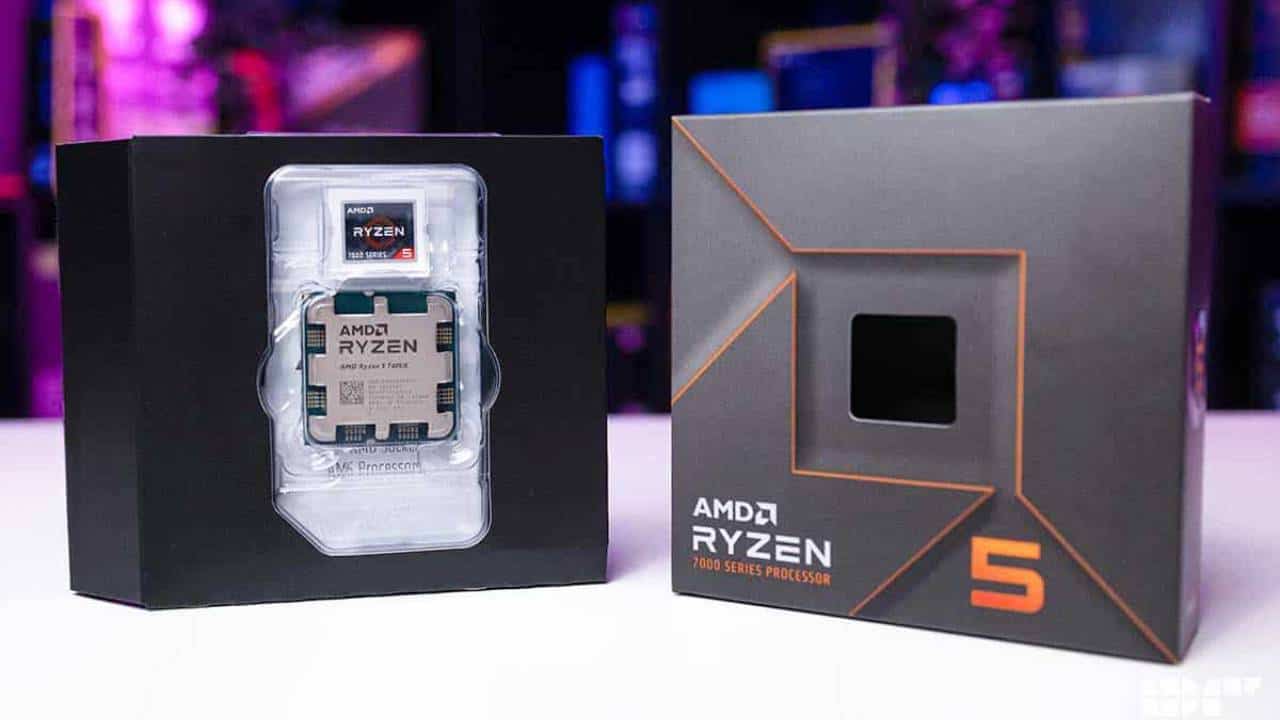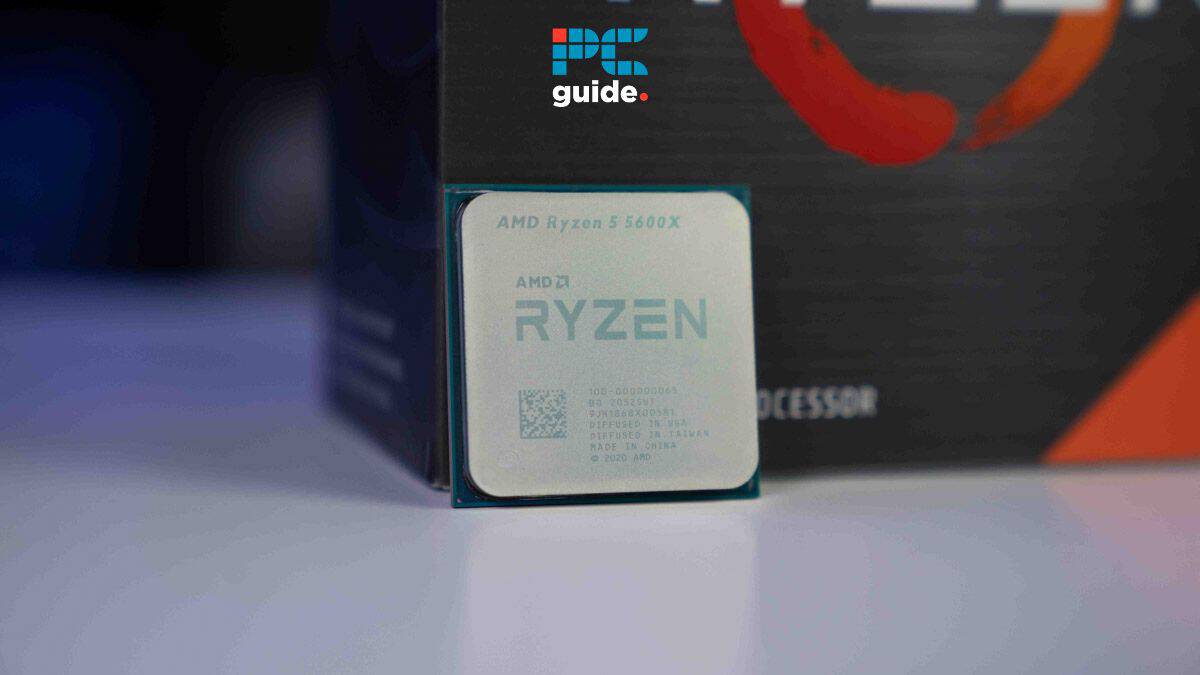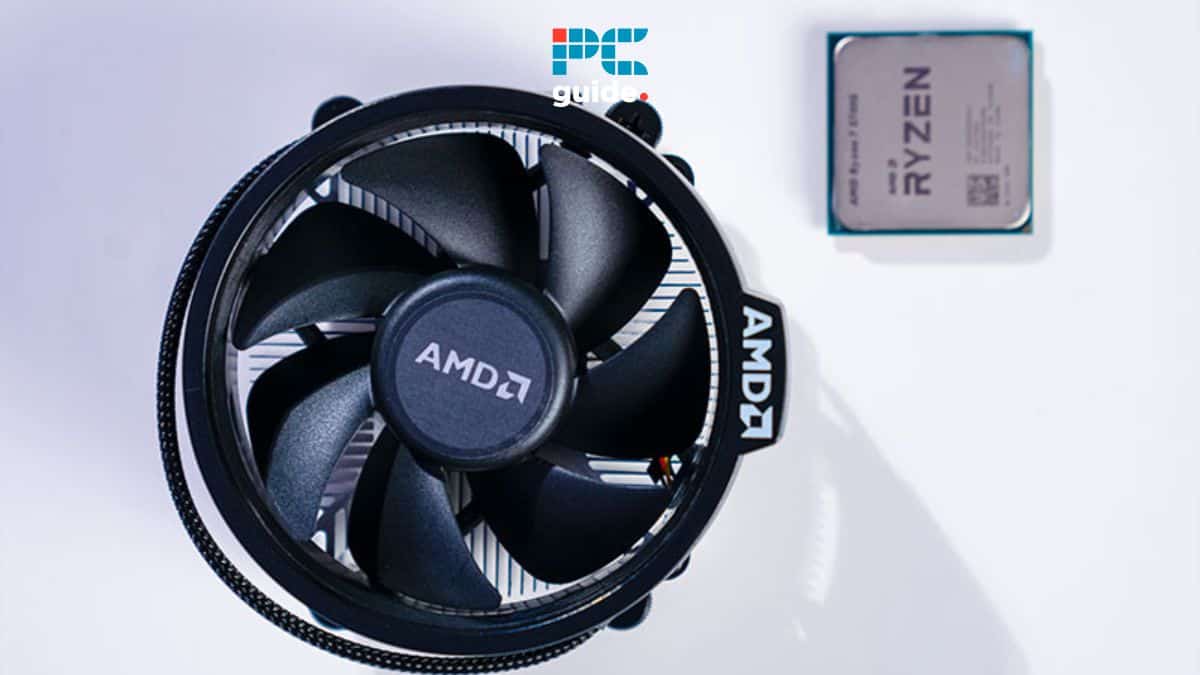AMD’s 3D V-cache is the gaming technology by definition. The 5800X3D proved to be a remarkable selling point, as it showed one of the best performances when it came to gaming results; high and consistent FPS in 1080p, 1440p, and even 4K gaming. The processor was so good that it even compared well with the newest processors when it comes to gaming. Thus, the Ryzen 9 7950X3D gaming potential is through the roof.
Considering the 7950X3D specs, we can determine that the Ryzen 9 7950X3D is going to be the best CPU for gaming. Not only that, thanks to the already efficient Zen 4 architecture, the new cores configuration and clock speed of the CPU will provide the 7950X3D a productivity performance that the previous version didn’t have. With this new CPU, you will not only game but run your content creation and productivity far more easily.
Ryzen 9 7950X3D: Launch date
AMD revealed the launch date of its new X3D CPU version: the Ryzen 9 7950X3D will be hitting the market on February 28, 2023. This comes a bit later than expected, considering the rumors said the launch date would be Feb 14. However, David McAfee, corporate VP of AMD, has confirmed that the Ryzen 9 7950X3D and the 7900X3D will be launched on Feb 28th.
Ryzen 9 7950X3D: Price
The new Ryzen 9 7950X3D will cost $699. With the information that the new 7950X3D will have the same price as its non-X3D counterpart at $699, we can now make a more informed comparison of their specifications. AMD has made a bold move by retaining the same price, which puts pressure on its competition, specifically Intel’s i9-13900KS, which is currently priced above $750. This shows that AMD is aggressively positioning itself against its competitors in the market.
Is the Ryzen 9 7950X3D good for gaming?
Yes, The Ryzen 9 7950X3D is a good CPU for gaming. To give a bit of background, the L3 cache is a type of memory that is used to store frequently accessed data within a CPU. The purpose of the L3 cache is to reduce the number of memory accesses required to retrieve data, which can help improve the overall performance of the processor.
When a CPU requests data from the main memory (RAM), it takes a long time to retrieve the data because the main memory is much slower than the processor. To mitigate this, the CPU has multiple levels of cache memory, starting with the L1 cache and L2 cache, which are much smaller but faster than the main memory. If the requested data is not found in the L1 or L2 cache, the CPU will then look for the data in the L3 cache.
The L3 cache is larger than the L1 and L2 cache, and it is shared among all cores in a CPU. This means that any core can access the L3 cache when it needs data, which can help reduce the contention between cores for cache access. If the requested data is not found in the L3 cache, the CPU will finally retrieve the data from the main memory.
- Now read: where to buy the Ryzen 9 7950X3D






